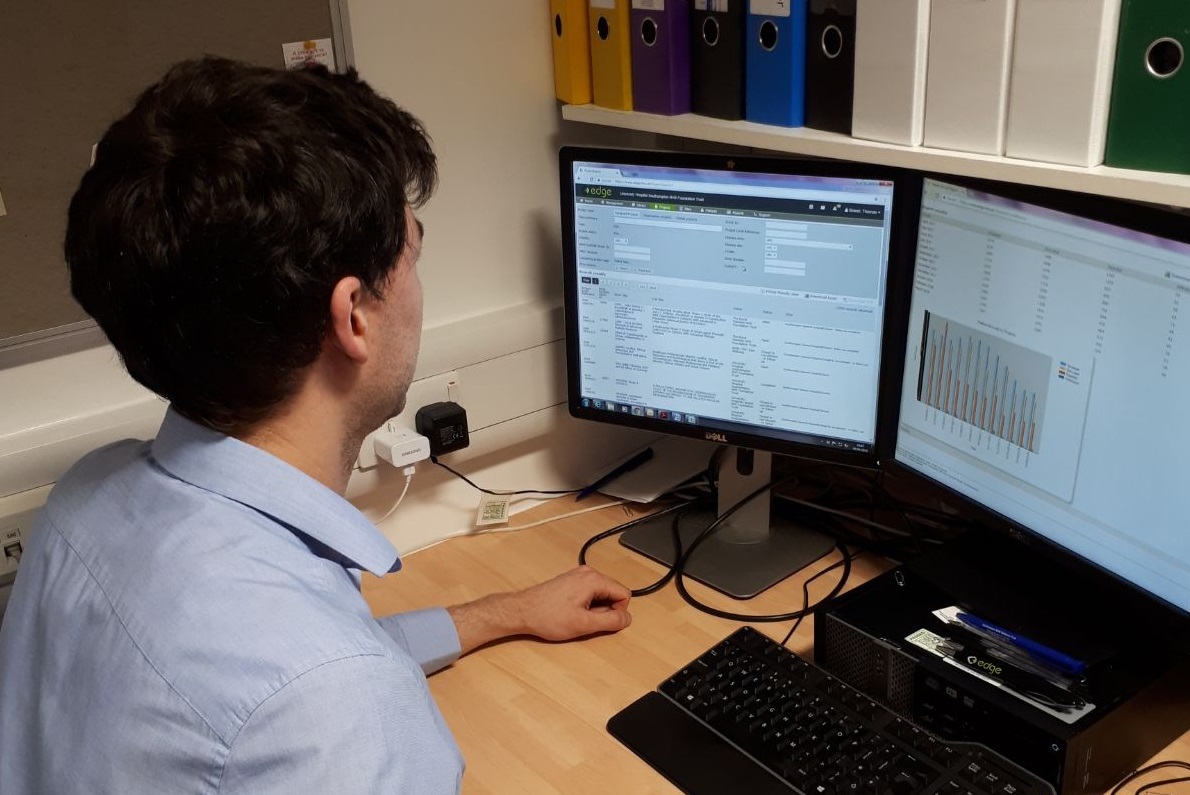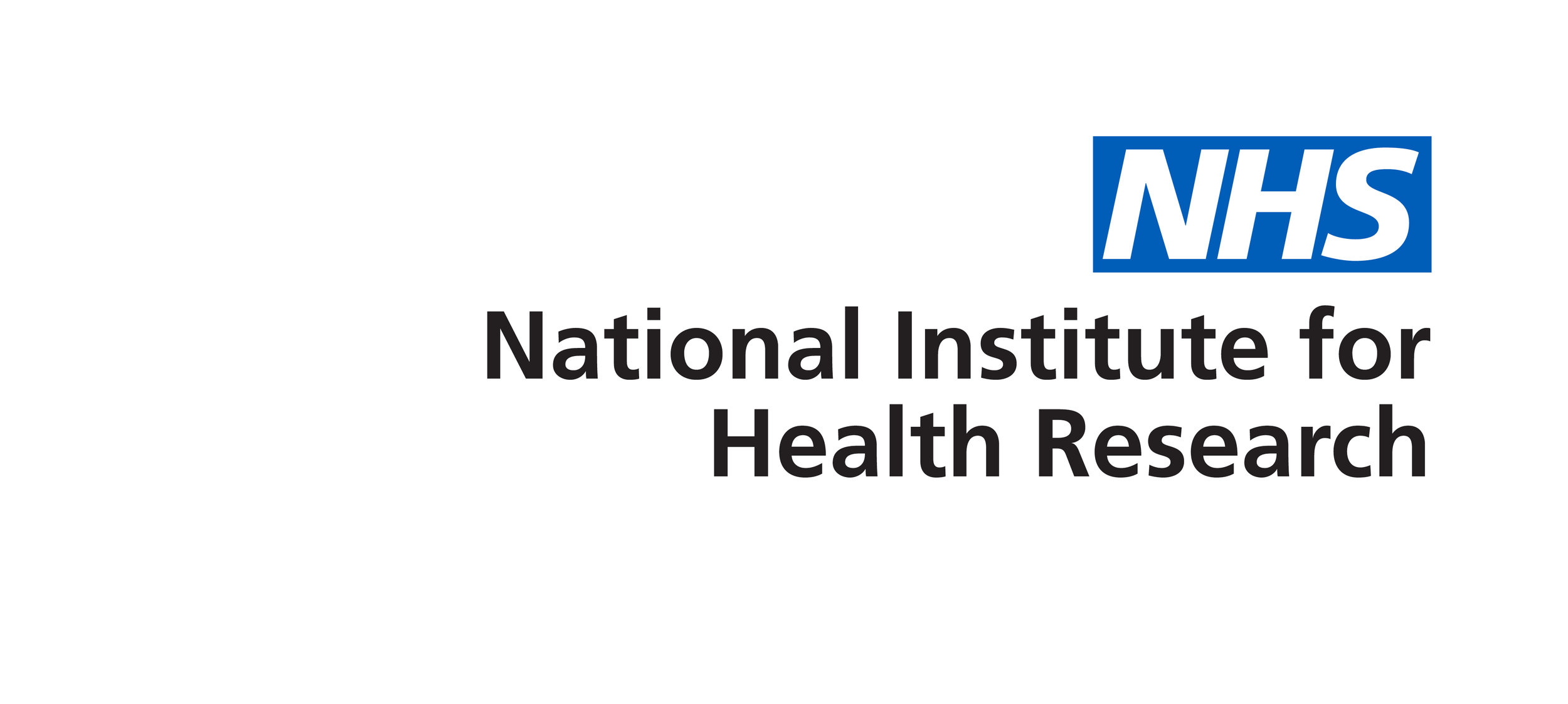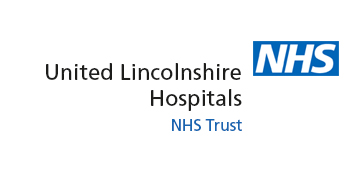The EDGE conference 2018 really helped me to understand what this software has to offer. Listening to how different organisations find new and innovative ways to use EDGE was exciting. It’s also promising for the development of EDGE in conjunction with our local processes. However, when asked to write a blog for EDGE, I decided to focus on what I am currently using the system for in our pharmacy. I wanted to capture a week of EDGE use in pharmacy at Salisbury Hospital.
So, what have I used EDGE for this week?
I (very nervously) described in my presentation at the EDGE conference about how we are using patient appointment reports to anticipate trial prescriptions and improve the patient’s journey. After a week’s annual leave, I returned to work and updated the patient appointment report for the week ahead. Using this information I was able to request prescriptions in advance for one of our trials. This improves the patient’s experience as, after all, no one likes waiting in any pharmacy for their prescriptions. It also reduces the amount of urgent work for the dispensary. By using EDGE in this way and requesting the prescriptions, a communication channel was created with the research team in which I could feed back how smoothly the dispensary team found the first cohort of repeat dispensing for this trial.
We got the green light for an ENT trial this week. I logged on to EDGE and completed the pharmacy work flow to indicate to the research team that pharmacy were green for go. I could also ensure we were opening to the correct version of the protocol by checking which version had been published by the research team on EDGE.
I updated the work flow of a trial in set up. We are now looking to arrange the SIV so wanted to make sure I had completed all that I could. I took this opportunity to add notes to the work flow so the research team could better understand pharmacy involvement (such as own stock used for the IMP).
There was some confusion with patient ID numbers on 2 trial prescriptions that we received in pharmacy. Using EDGE, I could look up the correct ID number, check all other patient details matched and correct the prescription accordingly without taking up the research team’s time and without delaying the patient too much.
These are just a few examples of what we use EDGE for here at Salisbury in the pharmacy. These may be simple tasks but they each save time for all, with EDGE providing a platform to effectively share information between the different teams involved in research. It’s exciting to think how our use will develop in the future, building on its current key role in our communication and service delivery.
Blog post written by Emma Fleck,
Pharmacy Technician,
Salisbury NHS Foundation Trust







